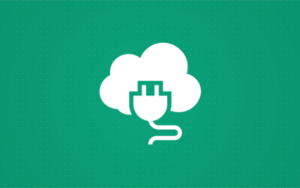From opening documents in PDF format to accessing social media networks, there are thousands of plugins that can potentially enhance your website’s functionality in multiple ways. However, they are not without risk. Here is a quick introduction to website plugins.

What are plugins ?
A plugin is simply a piece of code that performs a specific function. A website plugin can be easily installed and activated on your website via your content management system.
Why do I need plugins?
The right plugins can greatly improve your site’s functionality. For example, they can add a contact form, make your website multilingual, or facilitate an ecommerce function. In fact, whatever action you can perform on a website, there’s likely to be a related plugin that you can download. A look at the WordPress directory of plugins alone reveals just how many thousands of plugins are available, with more being added by developers all the time.

Are there any risks involved?
It’s important to be aware that not all plugins are updated regularly. This can lead to vulnerabilities and increase the risk of your site security being compromised. There have also been instances of malware being disguised as plugins. As guidance from the National Cyber Security Centre highlights, malware can cause serious problems, such as data being stolen or deleted. It is therefore vitally important to consider the security implications before installing and running a plugin. Of course, you should also make sure your security software is up-to-date, so you will be alerted to any issues.
There might also be a temptation to flood your website with too many plugins. This could create issues with usability, memory, and site speed. Plugins take up space, so think before you download, and always ask: what value is this plugin adding to my site? Of course, if you work with a professional web development company in London or elsewhere, such as https://www.redsnapper.net, you can make sure you only install the plugins you need for your site and that you have the most up-to-date security measures in place to keep your website secure.
So, now you know the basics, you can explore how your site functionality and user experience could be further enhanced by the right website plugins. Just don’t be tempted to download a plugin without considering how it will affect your website.










